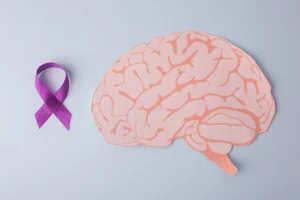
Post-Treatment “Immune Recovery Challenges” in Cancer Patients
After treatment ends, immune recovery becomes a long-term focus for many cancer patients.
It results from the impact of chemotherapy, radiotherapy, or targeted therapy on the immune system.
Patients often feel prone to infections, persistent fatigue, and slow wound healing.
These issues not only increase risks but also prolong recovery time.
Early understanding and management can help rebuild immunity and reduce infections.









